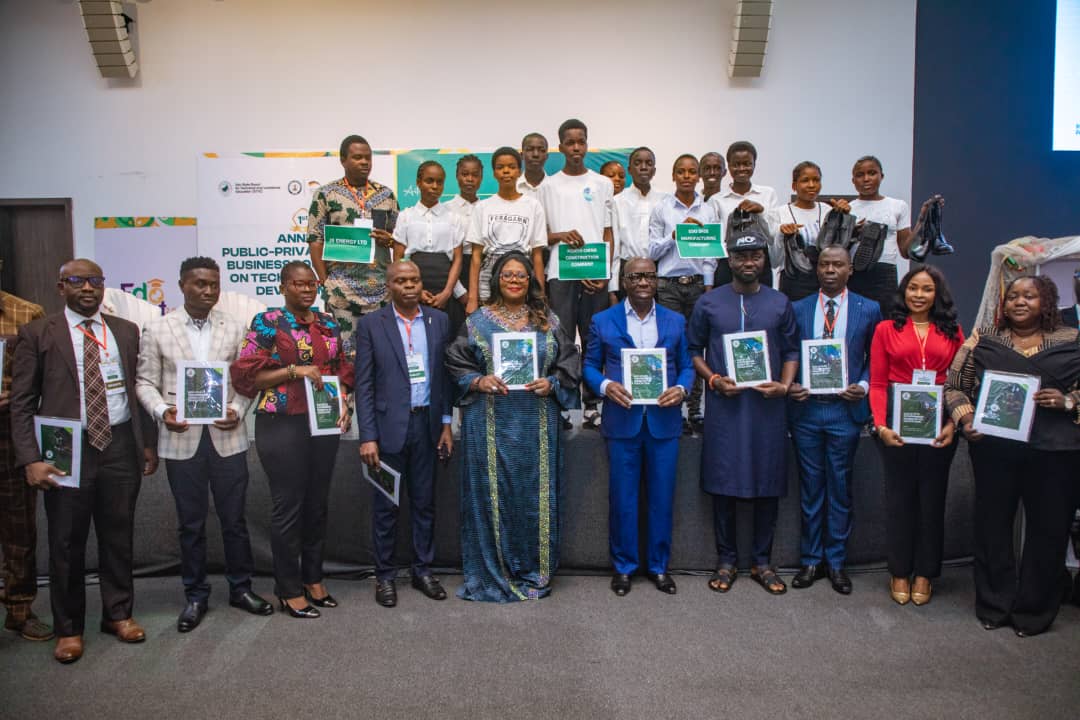Edo State governor, Governor Godwin Obaseki, has unveiled the Edo State Technical Talent Development policy with a concrete assurance of ensuring Edo citizens have access to quality education and knowledge to participate in the global labour market of the twenty first century.
In a public-private roundtable session, Governor Obaseki said his vision is to prepare youths in Edo State to enter into the job market with right skills to become productive and fulfilled citizens, stressing that it was the responsibility of government to train youths with the necessary skills to meet these demands and compete in a new world order.
The governor hinted that Edo State Technical Talent Development policy is the accomplishment of a proactive decision to achieve the vision of increased access to quality, relevant, and functional skills development.
According to him, the policy is guided by a reconceptualisation of the role of technical talent development in sustainable national growth and development.
Commissioner for Education, Dr Joan Osa Oviawe, in her remarks, said the policy provides a framework for achieving a harmonised and coordinated approach to post-basic training and development of skilled manpower.
According to the commissioner, through this policy, the government will provide the enabling environment to promote capacity building, including development of the requisite human capital, sustainable financial mechanism for training, infrastructure and effective partnership.
This policy direction, Dr Oviawe said, aligns with UNESCO Sustainable Development Goals for 2030 one of which harps on quality education as the foundation to improving people’s lives and for sustainable development.
Dr Osa-Oviawe reiterated the ministry’s commitment to faithfully monitor the implementation, because of its importance to improving productivity, competitiveness in a globalised economy.
Acting executive secretary, Board for Technical Education and Vocational training, Dr Terseer Nyulaku, commended the Edo State government for putting technical education on the front burner.
Dr Nyulaku also stated that an additional three technical colleges have been approved bringing the numbers to eight which will be fully equipped in line with the policy of the National Board of Technical Education.






